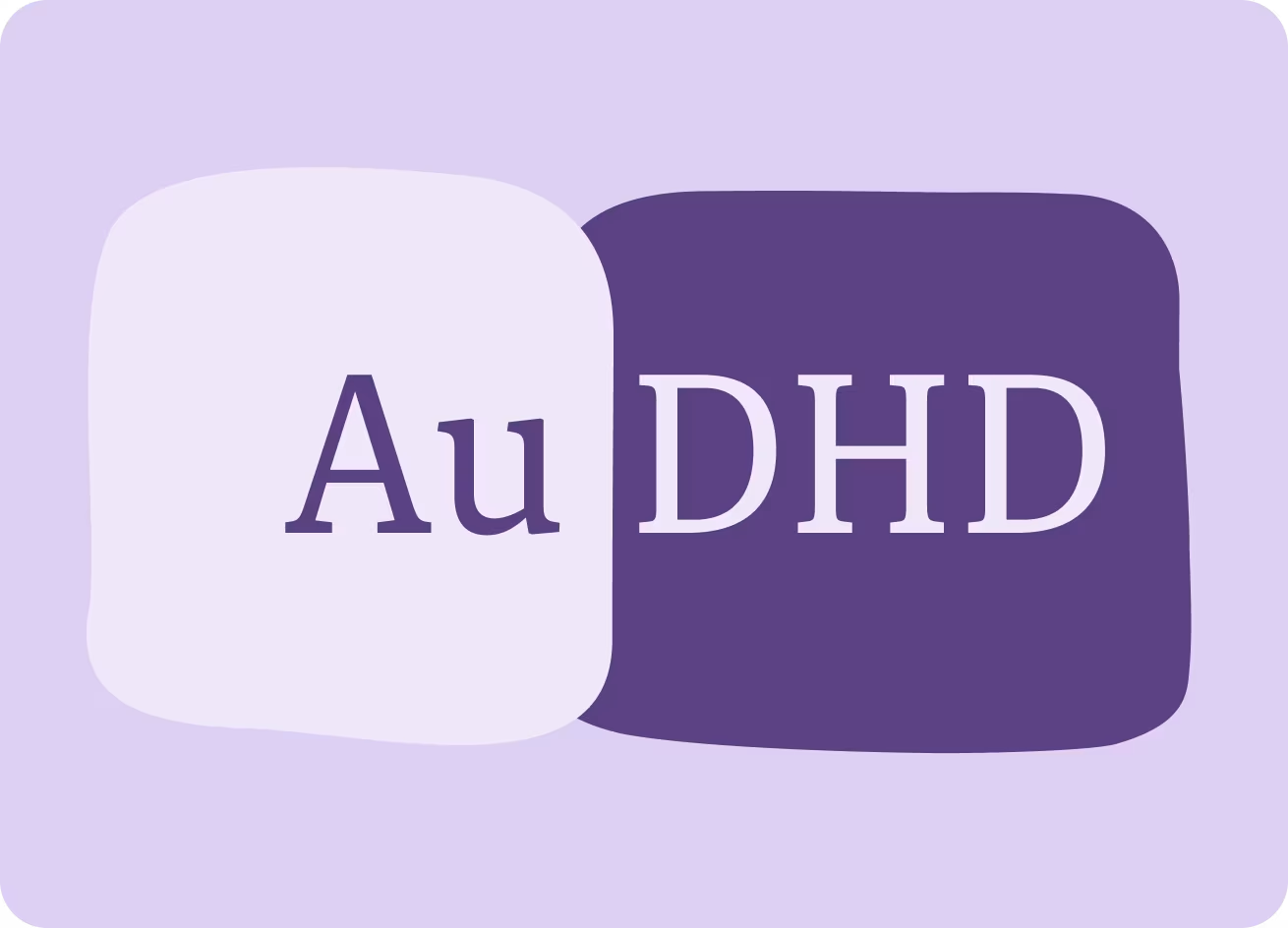DRBI Defined
At its core, DRBI is a model of human development that is based on relationship and safe connection(s). DRBI, or Developmental Relationship-Based Intervention, is a form of care that is intended to bring parents/caregivers together with their children through holistic forms. It is primarily based on coaching and supporting parents to create deep and meaningful interactions with their children through gentle and warm exchanges. This relationship-based framework invites a child to better communicate, learn, problem-solve and regulate emotions and feelings.
Dr. Diane Cullinae summarizes DRBI as ”a type of support service or therapy that focuses on the power of the parent-child relationship to support development. DRBI encourages sensitive responses during playful interactions, following the child’s lead, and challenging the child to expand their ideas. DRBI can involve parents, other caregivers, and paraprofessionals. The key is supporting natural, playful interactions without using directive teaching. DRBI can be done during play as well as during daily activities. Through DRBI, children advance in their ability to share attention with others, join in two-way interactions, problem-solve with others toward a shared goal, use their imagination, and increase their ability to think logically and creatively. DRBI is individual for each child and family as every child is unique. Importantly, research has clearly demonstrated the effectiveness of DRBI.”
How DRBI Works
It’s odd how simple yet effective DRBI therapy is. It requires two things:
1- an interested and willing parent (or parents) and
2- an empowering environment for a child to play freely
When these are aligned, the cognitive development of a child is relatively astonishing. DRBI promotes a child's involvement in their favorite activities while helping parents learn to engage with their child's perspective, or “world”, through play. When a child feels safe, noticed, prioritized and engaged with, they are more receptive to developmental improvements. Parents soon learn, through play and gentle-parenting, how to relate and create a healthy attachment to their child. This type of care model turns learning into an empowering and challenging journey that boosts development, connection, independence and quality of life.
Participate. Play. Learn. Relate. Connect. Empower. Repeat.

The Power of Play and Connection, Combined
It may sound cliché, but every child is one-of-a-kind. While we all may agree, two things are universally true for every child: an innate love for play and a fundamental need for safe connections.
A parent-child relationship can be one of beauty and infinite depth. A parent knows their child best and a child hopes and yearns to feel safe and accepted by most, but especially by their parent. Children thrive off of connection, as it provides them with a sense of safety and security. If a secure relationship is essential for a child's growth, it should serve as the foundation of a model of care, like DRBI does.
Play is a powerful tool for children, fostering creativity and innovation as they explore their imaginations and interests. Engaging in playful activities enhances their receptiveness to developmental experiences, such as sharing toys with parents or role-playing scenarios. Through these interactions, children develop essential skills in communication, emotional regulation, and cooperation, laying the groundwork for their overall growth. In DRBI, children take the lead while parents follow, deepening the relationship with their child in the process.
DRBI vs Other Types of Autism Therapy
Traditional Applied Behavioral Analysis (ABA) focuses on specific behaviors, while DRBI focuses on the whole child. Traditional ABA has historically been the primary therapy offered for people on the autism spectrum, which teaches skills to gain desired behaviors through reinforcement and discipline, ed by an adult. This approach focuses on observable behaviors and is measured by meeting predetermined developmental goals vs. individualistic goals.
DRBI approaches differ from other types of autism therapy due to the relative lack of structure, but encouragement of free-play. Children are encouraged to participate in their natural curiosities (toys, games, etc.), and at their own pace. Most often DRBI therapy is conducted from home, being a place of safety and comfortability for a child. DRBI looks beyond specific (and often stereotyped) behaviors like aggression, rigidity, and withdrawal to understand and address the neurodevelopmental challenges beneath the surface. These challenges may include motor planning, emotional self-regulation, sensory sensitivity, learning challenges, and speech delays. DRBI is child led, without a pre-determined schedule of events or tasks to complete. DRBI is less invasive, more empowering and requires far less time to see progress than other types of autistic models of care.






